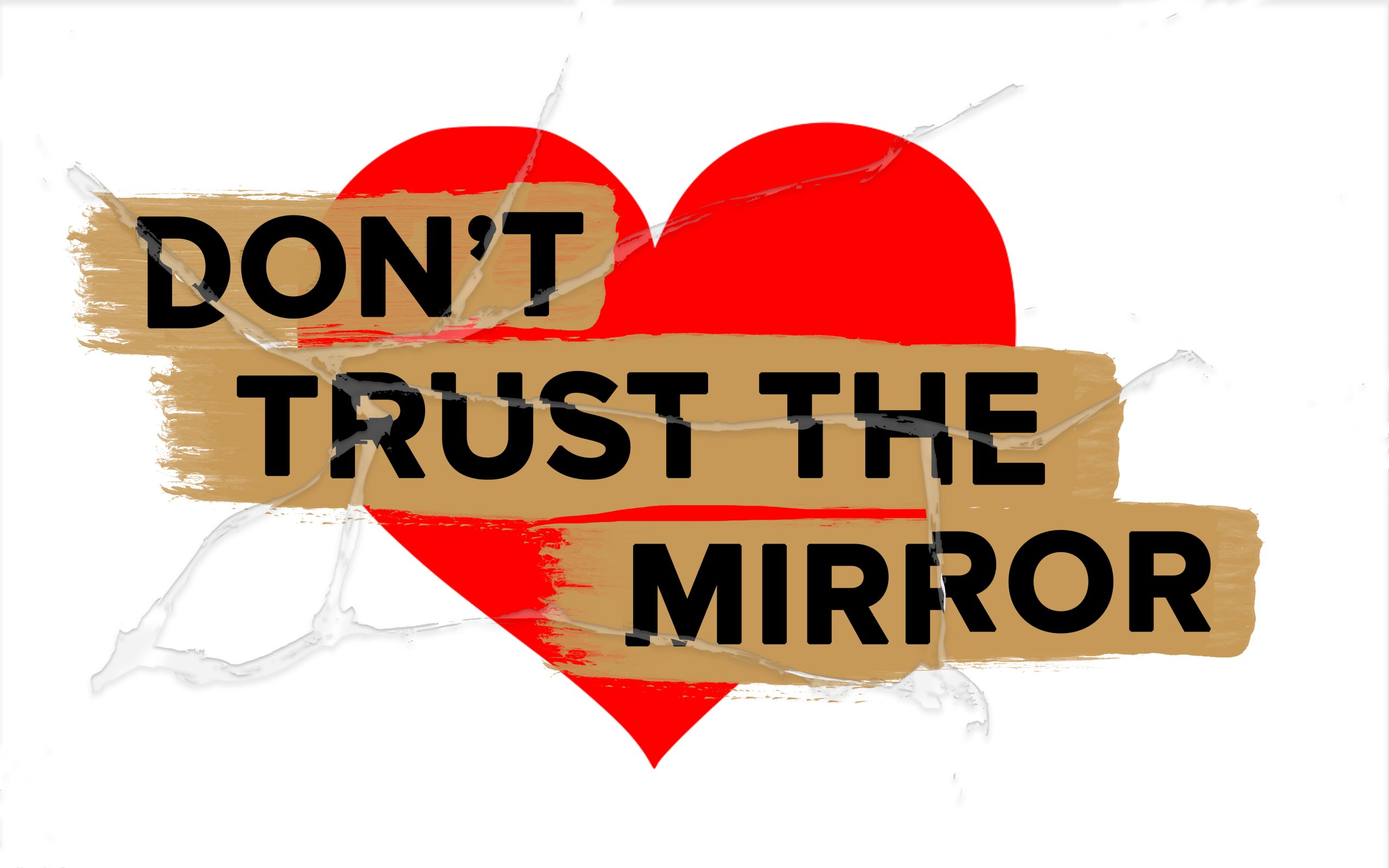03 Nov Social Media and Eating Disorders
Social media has become entrenched in our culture on a grand scale. The Pew Research Center reports steady increases in usage since they began tracking in 2005 and estimates that today seven in ten Americans use social media (Facebook, Instagram, Snapchat, etc.) to connect with one another, engage with news content, and entertain themselves. Of course, all individuals should be mindful of how social media impacts their lives, but those struggling with eating disorders need to go beyond mindfulness and have a plan for social media management and exposure.
On the positive side, social media can be comforting to some with eating disorders by giving them a connection to other people who understand and can relate to their challenges. However, others find social media reinforces feelings of inadequacy and worthlessness and can lead to increased isolation. In fact, several recent studies have linked social media use to a host of body image issues including excessive dieting, body surveillance, desire for thinness and self-objectification.
A major cause for concern is the comparative aspect of social media. Eating disorder sufferers tend to measure themselves against other people – going through profile photos and making distorted judgements that they’re not as thin as classmates. Or perhaps they compare their achievements to those posted by colleagues and decide they’re lagging behind. These kinds of self-critical attacks can fuel disordered eating behaviors or cause a recovered sufferer to relapse. Additionally, there are the images of models and celebrities that have been filtered and heavily airbrushed. These too can lower the self esteem of someone with an eating disorder.
So how can someone with an eating disorder engage with social media in a healthy way?
• Balance is paramount – Try not to spend so much time on social media sites that you avoid real life interactions. Face-to-face time with loving family and friends will always be more rewarding.
• Remind yourself it’s a facade – Those seemingly perfect selfies are posed and edited and those exciting experience and accomplishment descriptions have been exaggerated. Plus, they rarely include the hard times that we all go through.
• Avoid toxic communities – Unfortunately, some social media actually advocates disordered eating behavior. Pro-anorexia, pro- bulimia content and the like should be completely avoided.
• Find positive, supportive communities – Some online connections can be helpful. Try to find small, online peer groups that provide a non- judgmental environment where people with eating disorders can share their concerns and offer each other encouragement. There are also recovery-oriented blogs and message boards that can be inspirational.
• Stop negative content – Remember you have the power to block people or accounts, report inappropriate content, and tailor your social media sites to filter particular users or groups. And you always have the option to click the deactivate button which puts all social media on blackout (even for temporary periods). Many find taking a social media break empowering.
If you or someone you love is struggling with an eating disorder seek professional help immediately. Contact Maureen Kritzer-Lange Psychotherapy Email: info@maureenkritzerlange.com or phone: 973-313-1691.


Sorry, the comment form is closed at this time.